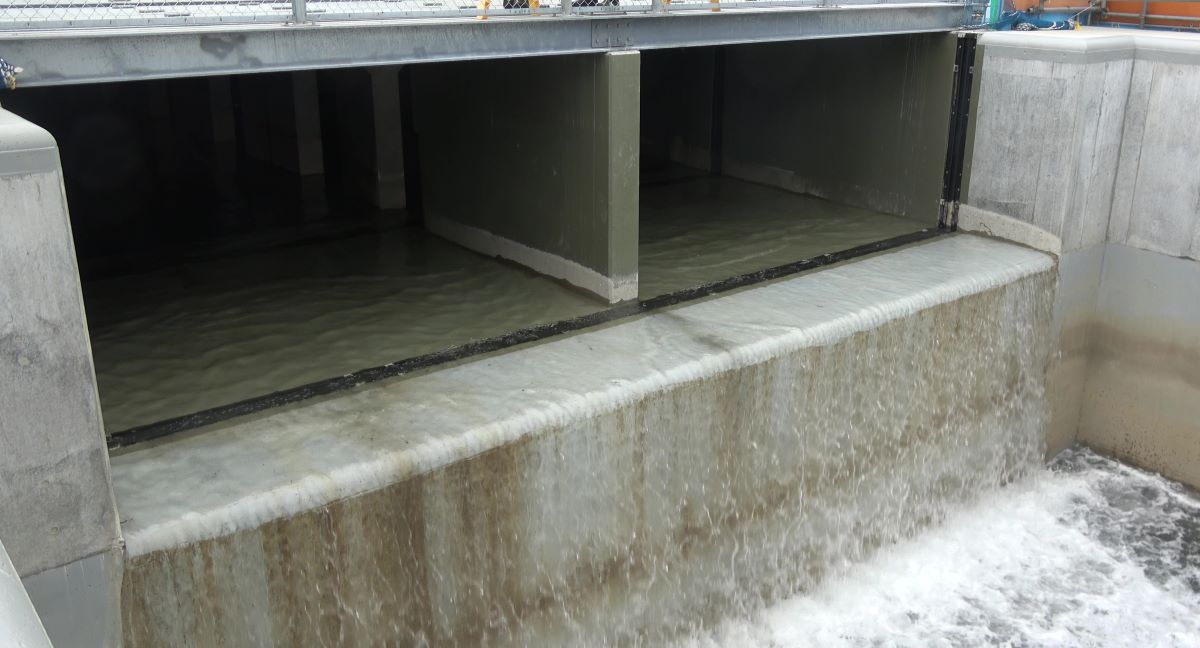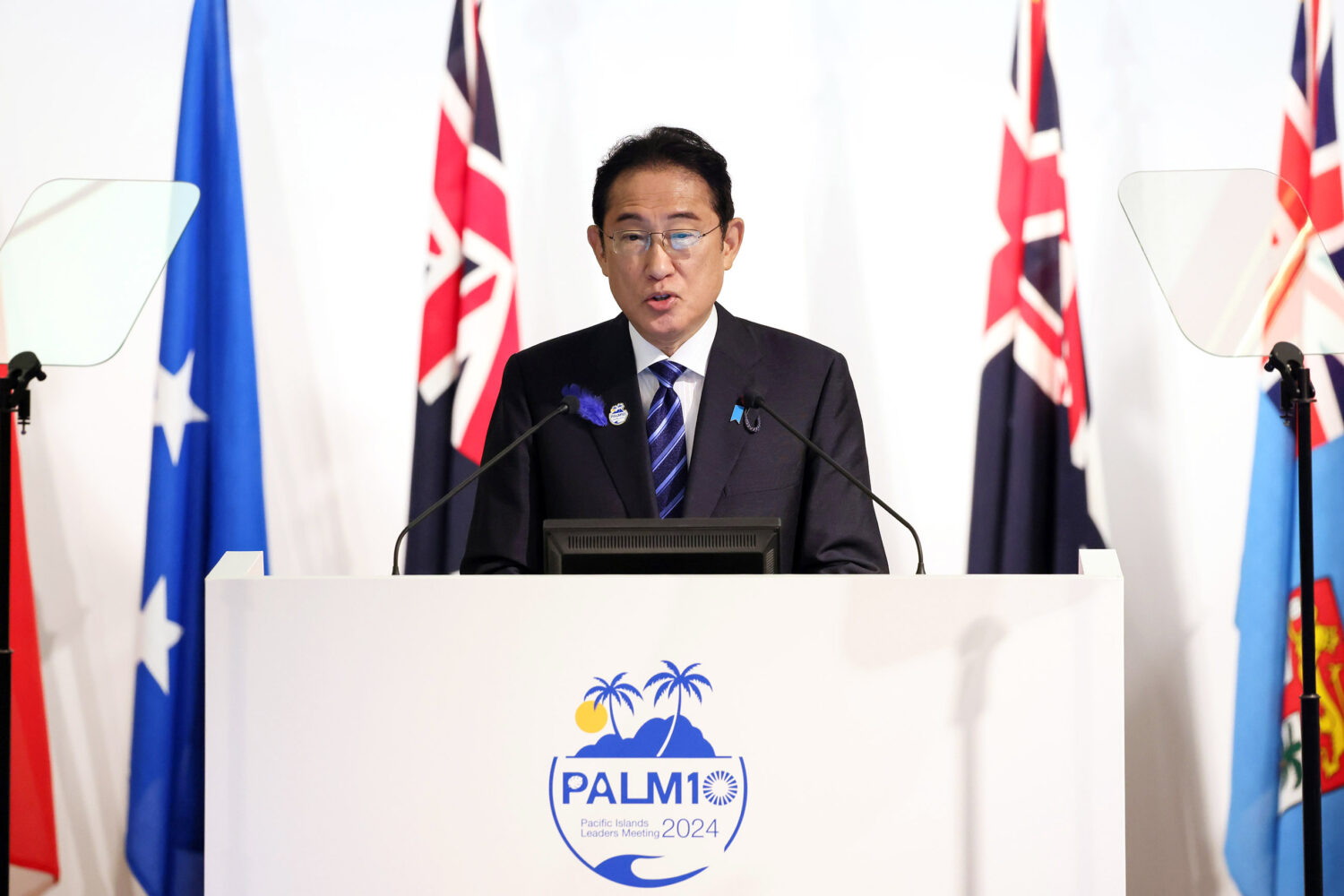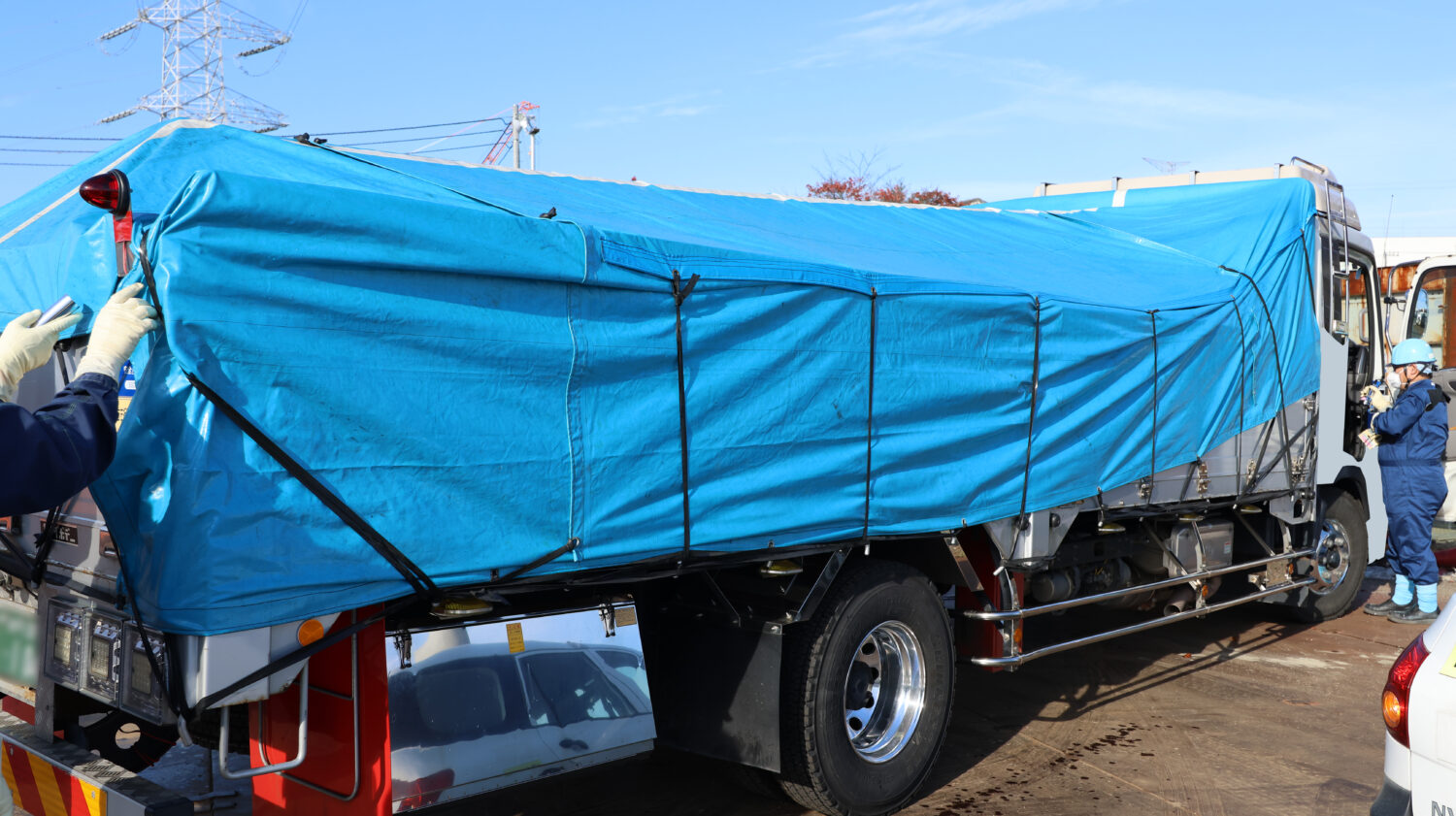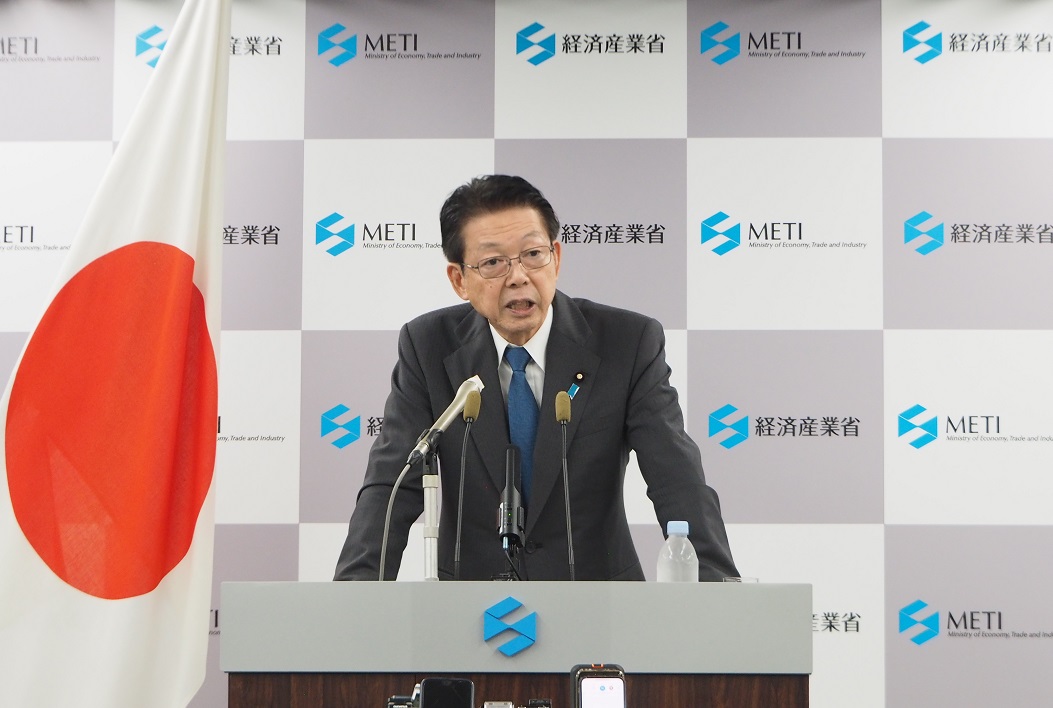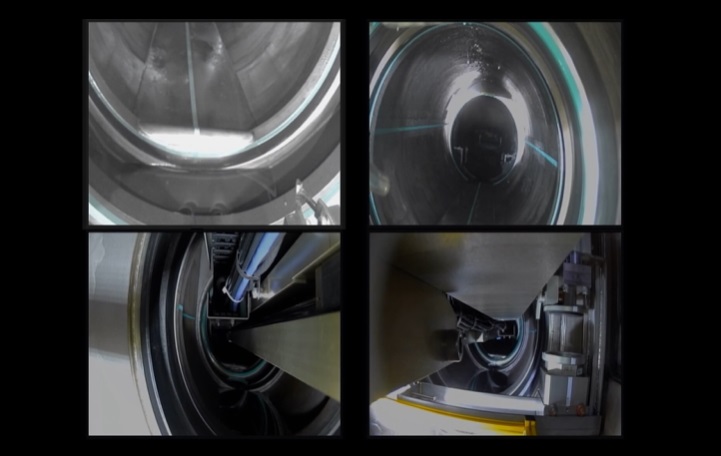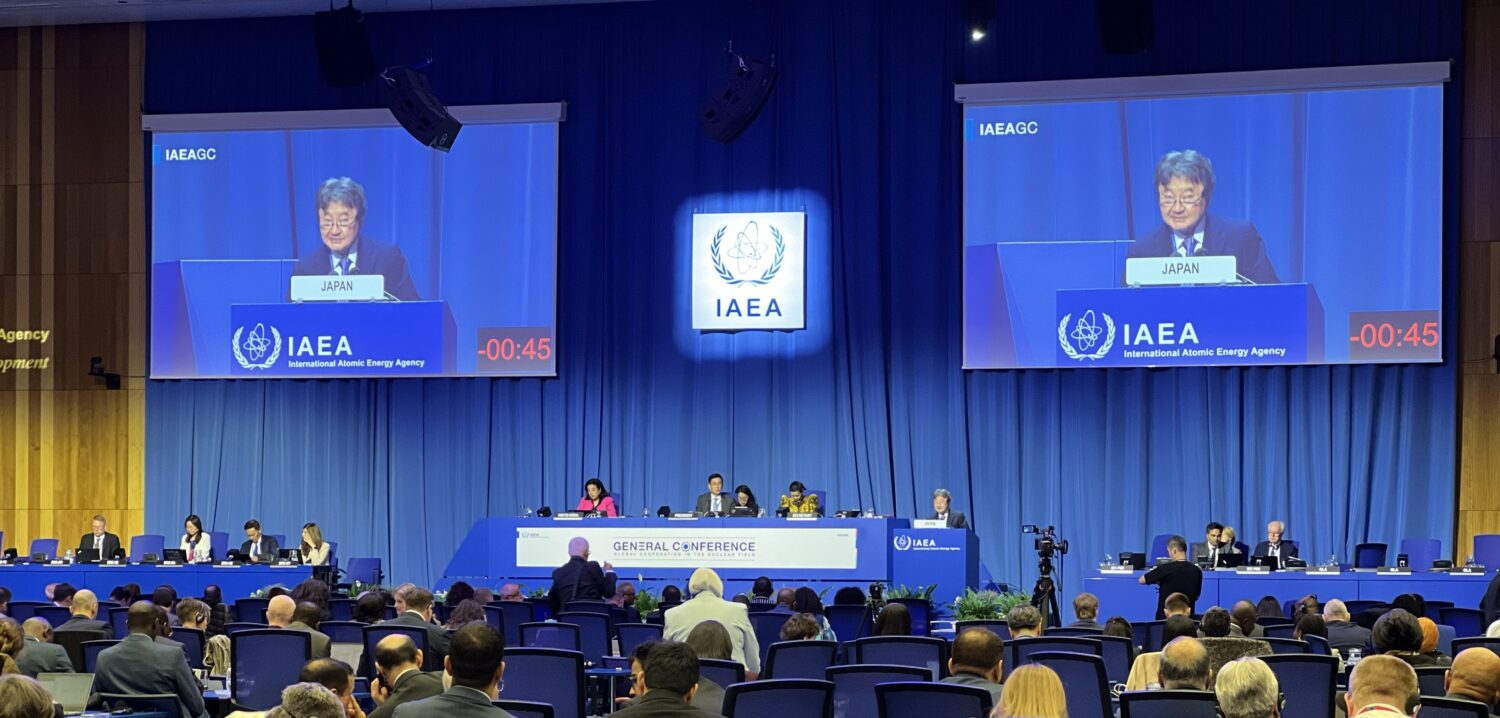The aim of all the projects is to promote basic and fundamental research contributing to solutions on nuclear issues, by drawing more flexibly on the wisdom of researchers and organizations, both Japanese and foreign, who are less identified with traditional research frameworks.
One of the projects, to be pursued by Lancaster University of Britain and the Nagaoka University of Technology of Japan, aims to develop technology investigating radiation dose rates in nuclear plants and waterlogged debris.
In addition to cooperation between Japan and the U.K., the public has been invited to submit proposals for similar projects between Japan and France to accelerate the decommissioning process at Fukushima Daiichi. Some ten to 15 topics are expected to be selected by the end of March 2016, during the current fiscal year.
The other publicly-invited topics being promoted for joint Japan-UK nuclear research include that on the removal of fuel debris, and that on environmental measures, including waste. Those projects aim to develop various technologies developed contributing to an understanding of the internal condition of reactors and containment vessels, fuel debris removal, and the safe storage, treatment and disposal of waste generated from the March 2011 tsunami accident at Fukushima Daiichi.


